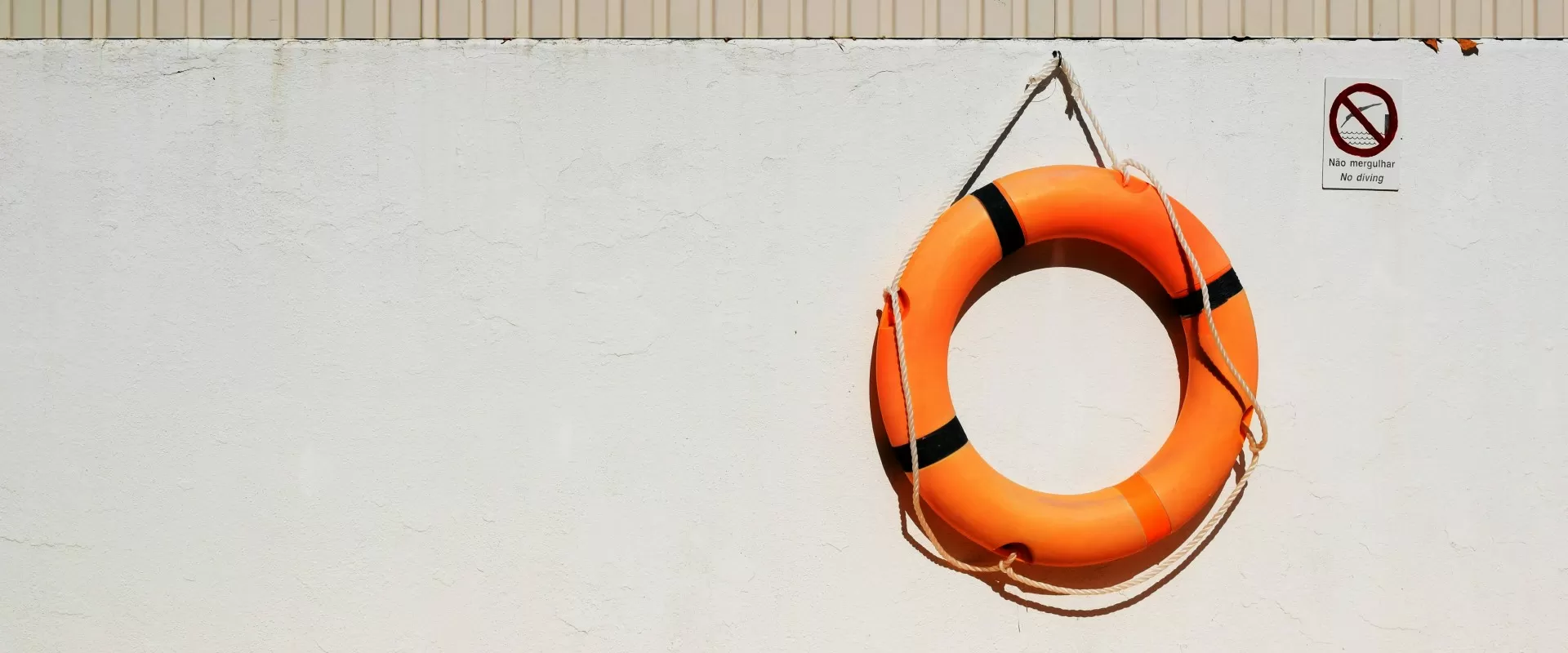Libraries have long been known as safe havens for knowledge and learning, where individuals from all walks of life can come together to celebrate literacy and expand their understanding of the world. They are a sacred space, where academic freedom is cherished and protected. In today’s world, where opinions and beliefs are constantly challenged and debated, libraries provide a much-needed refuge for individuals seeking intellectual stimulation and growth.
The concept of academic freedom, or the freedom to express ideas and opinions without fear of censorship or retaliation, is a fundamental principle that is upheld by libraries around the world. It is a cornerstone of education, allowing for the exploration of diverse perspectives and the formation of critical thinking skills. In a society that values diversity and open-mindedness, libraries play a crucial role in promoting and protecting academic freedom.
Libraries are not just repositories of books and resources, they are also vibrant communities where people can come together to share ideas and engage in meaningful discussions. In these spaces, individuals from different backgrounds, cultures, and beliefs can come together and learn from one another. Libraries are a melting pot of diversity, where people can celebrate their differences and find common ground through their shared love for literature, knowledge, and learning.
One of the key roles of libraries in advocating for academic freedom is providing access to a wide range of resources and information. In an age where information is readily available at our fingertips, it is easy to take for granted the importance of access to accurate and unbiased information. Libraries serve as gatekeepers of knowledge, carefully curating and providing access to a diverse range of materials that promote critical thinking and open-mindedness.
Moreover, libraries also play a crucial role in the preservation of academic freedom. They are guardians of history, storing and safeguarding important documents and texts that represent different perspectives and ideologies. In a world where information can easily be manipulated and erased, libraries are a constant reminder of the importance of preserving and protecting diverse viewpoints.
Libraries also serve as advocates for academic freedom, actively promoting and defending the right to intellectual freedom. They provide a platform for individuals to express their opinions and engage in healthy debates without fear of censorship or discrimination. In this way, libraries not only protect academic freedom but also actively encourage it.
In addition to promoting and protecting academic freedom, libraries also support it by providing resources and programs that promote critical thinking and open-mindedness. From book clubs and discussion groups to workshops and lectures, libraries offer a variety of opportunities for individuals to engage in intellectual discourse and expand their perspectives. These programs not only promote academic freedom but also foster a sense of community and camaraderie among individuals who share a love for learning.
Furthermore, libraries also play a crucial role in supporting academic freedom by providing a safe and inclusive space for marginalized individuals and communities. In today’s society, where certain groups are often silenced or excluded, libraries offer a welcoming environment where everyone’s voice is valued and respected. This inclusivity and diversity are essential in promoting academic freedom, as it allows for the expression of a wide range of perspectives and ideas.
In conclusion, libraries are more than just buildings filled with books, they are vital institutions that promote and protect academic freedom. They are safe places where individuals can come together to celebrate literacy and engage in intellectual discourse without fear of censorship or discrimination. In a society that values diversity and open-mindedness, libraries serve as beacons of academic freedom, promoting critical thinking and encouraging the exploration of different perspectives. It is our responsibility to advocate for and support these institutions that play such a crucial role in promoting a free and enlightened society.

